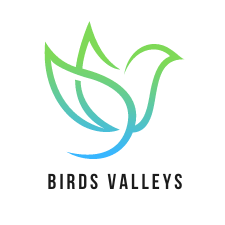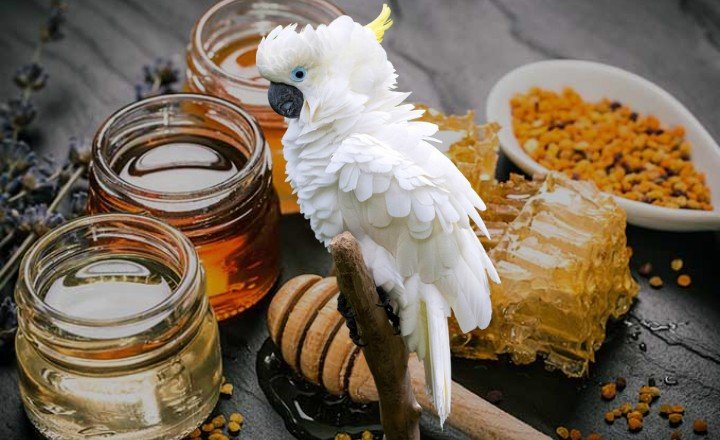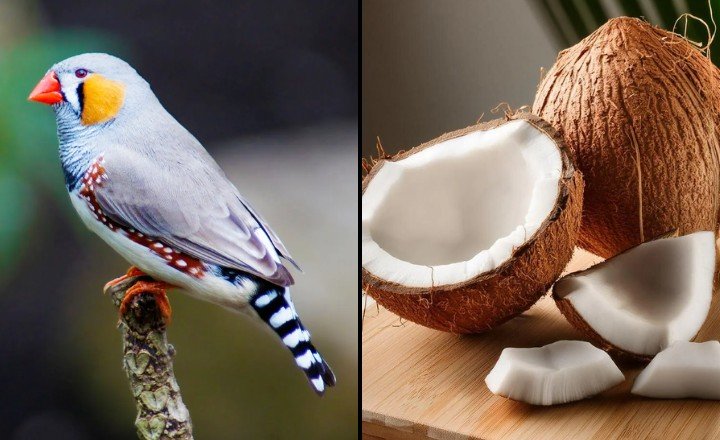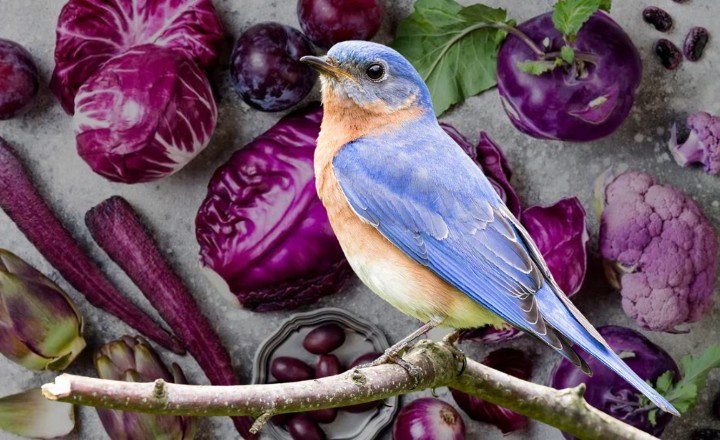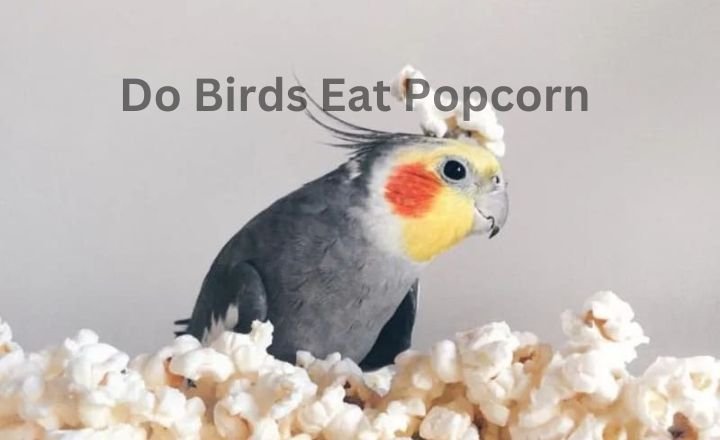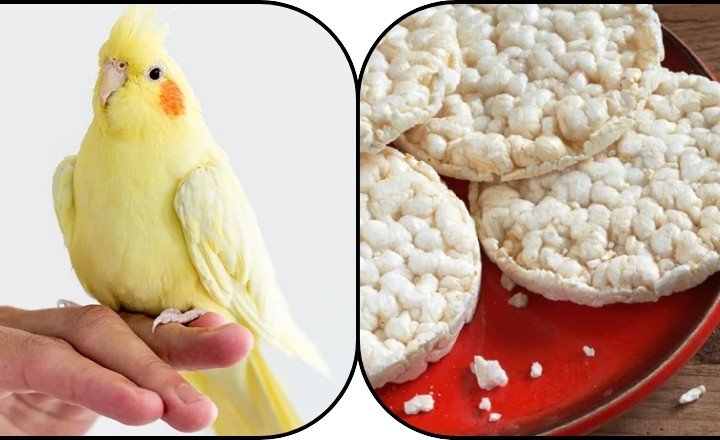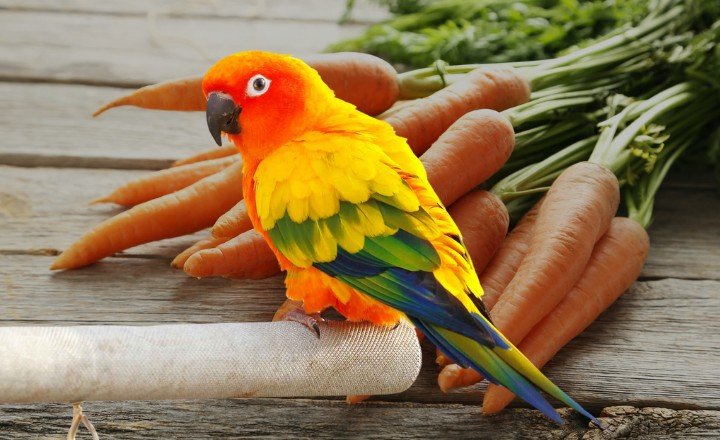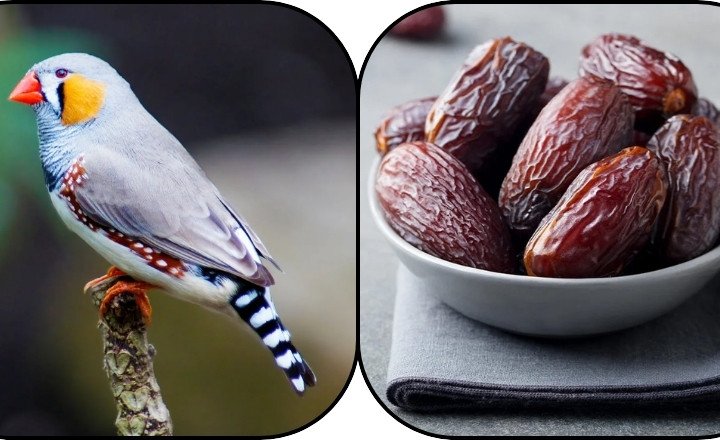Can Birds Eat Honey? Pros and Cons of Honey For the Birds
As a birdwatching enthusiast, I’ve often marveled at the remarkable diversity of our feathered friends from the vibrant plumage of hummingbirds to the majestic soaring of eagles. Each species has its fascinating dietary habits that reflect its unique adaptation to the environment. This got me thinking: what happens when birds encounter something as sweet and sticky as honey?
In my quest to unravel this sweet mystery, I discovered that honey might not be as straightforward for birds as it seems. While we often associate honey with health and vitality, especially for humans, its suitability for our avian companions raises intriguing questions, can birds eat honey without any side effects?
What is the Honey?
Honey is a natural sweetener produced by bees, and is much more than just a flavorful addition to tea or pastries it represents a unique interplay between flora and fauna that varies regionally. In Florida, for instance, honey makers often harvest from the blossoms of citrus trees resulting in delicate flavors and bright acidity reflective of the state’s sunny coastline. In Michigan, wildflower varieties dominate honey production. The region’s diverse plant life yields complex taste profiles that capture the essence of its seasonal cycles.
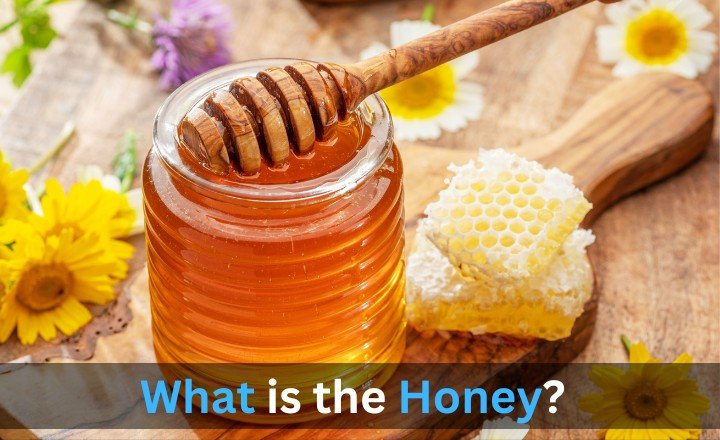
Louisiana offers yet another fascinating perspective with its rich tapestry of flora influenced by its humid subtropical climate. Here, beekeepers can produce distinct jars of honey infused with notes from swamp tupelo and wildflower sources each batch carrying hints of cinnamon and vanilla that transport you straight to bayou landscapes.
Can Birds Eat Honey?
Birds, including species like owls and Hawks, are generally not inclined to consume honey as a regular part of their diet. While they might be attracted to the sweet smell or taste when encountering it in their environment, honey does not provide the essential nutrients that these raptors require for optimal health.
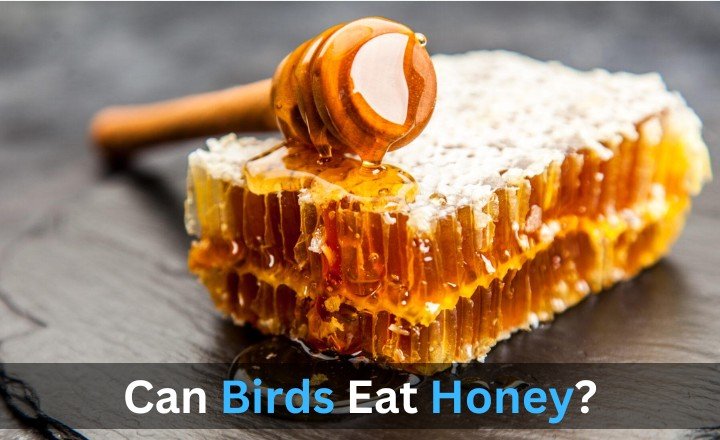
Owls and hawks thrive on a diet rich in Proteins from small mammals or insects. The potential side effects of feeding birds honey should also be considered excessive sugar can lead to digestive issues and an imbalance in energy levels.
Binging honey into their habitat might unintentionally attract other animals such as bees or wasps, which can pose a risk of stings for unsuspecting birds. Bird enthusiasts and caretakers must remember that while some backyard birds may indulge in sugary treats, staple diets should primarily consist of natural foods like seeds, fruits, and protein sources specific to each bird species’ dietary needs.
Does Honey Have Any Side Effects On the Birds?
While honey is often celebrated for its health benefits and natural sweetness, it’s essential to consider its impact on our feathered friends. Birds possess a unique physiology that can make them more susceptible to certain substances than mammals.
Though honey is generally safe in small quantities, excessive consumption may lead to digestive issues due to its high sugar content, similar to how Chocolate can be toxic in the avian diet. Imported or processed honey may sometimes contain additives or impurities that could be harmful, offering raw and organic varieties might mitigate some of these risks.
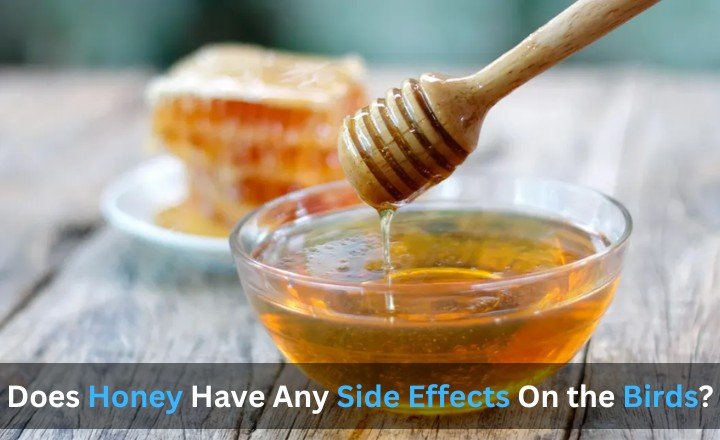
While humans indulge in treats like Ice Cream drizzled with honey without a second thought, birds cannot metabolize many dairy products safely. This difference underscores the need for cautious moderation when introducing sweeteners into their diet.
Pros of Feeding Honey to the Birds
Feeding birds has always been a delightful way to connect with nature, and incorporating honey into their diet can offer unique benefits. Honey serves as an excellent energy source for birds, particularly during migration or breeding seasons when they require additional fuel. Its natural sugars provide essential carbohydrates that help sustain their activity levels and overall health.
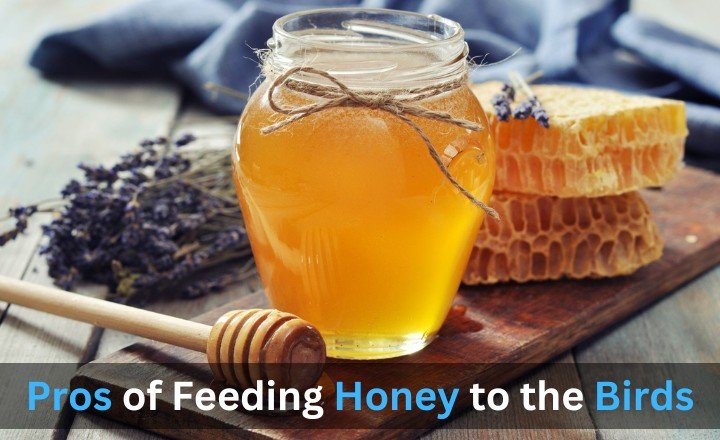
When mixed with other bird-friendly foods like Rice Cakes, honey can create a nourishing treat that not only attracts feathered friends but also embodies the sweet essence of their wild habitat. Honey possesses antimicrobial properties that can benefit birds by promoting gut health. This quality aids in digestion and protects them from harmful pathogens they might encounter in the wild.
Cons of Feeding Honey to the Birds
Feeding honey to birds may seem like a delightful way to nurture our feathered friends, but it poses several hidden risks that bird enthusiasts should know. One primary concern is the potential for fermentation when honey is exposed to moisture, it can ferment and lead to alcohol production.
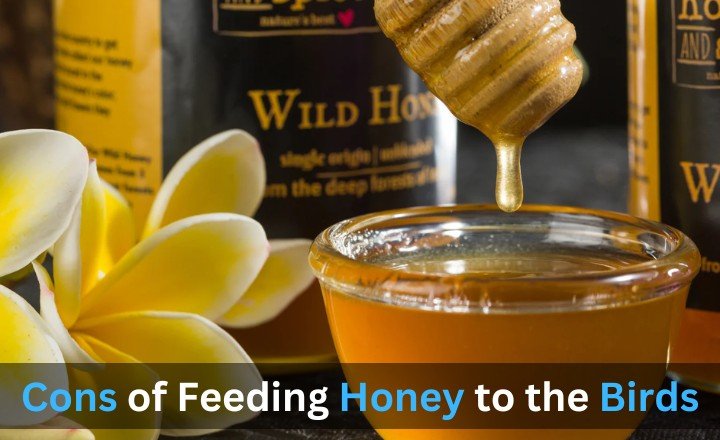
Birds have a very low tolerance for alcohol, which can result in intoxication or even poisoning. This risk grows significantly during warmer months when humidity levels rise. Honey does not provide the essential nutrients that birds require for their health. Unlike specialized bird feeders filled with seeds and vitamins tailored for specific avian species, honey offers empty calories devoid of necessary proteins and fats.
Advice For the Bird Owners
Feeding honey to birds can be a delightful treat, but it’s essential to approach it with knowledge and caution. Honey is a natural source of sugars and can provide some energy benefits, its thick consistency poses a risk of choking or gastrointestinal issues if not used properly.

When introducing honey into your bird’s diet, always opt for raw, unprocessed varieties that retain beneficial enzymes and nutrients. Diluting honey with water can also make it easier for smaller birds to consume without the risk of getting stuck.
Concluding Thoughts on ‘Can Birds Eat Honey’
While honey can be a delightful treat for many birds, it is essential to offer it in moderation and ensure it is pure and free from additives. The natural sugars found in honey can provide a quick energy boost, particularly for active or migratory species. Care should be taken to avoid overfeeding, as excessive sugar can lead to health issues such as obesity or digestive problems.
FAQs
Can You Use Honey For Bird Feeders?
No, you should not use honey in hummingbird feeders ever, it can cause fetal fungus in the tongue. You should change the solution every four to five days.
Can I Put Honey in My Bird’s Water?
When honey is put in the water, it can ferment and harbor harmful bacteria like Clostridium botulinum which can cause avian botulism.
Is Honey Good For Budgies?
It can be or cannot be both for the budgies depending on the situation. First, they don’t need any jam or honey on the break. Second, if you are giving them try as much least amount as you can.
Are Honey Sticks Good For Birds?
Yes, it can be good for the birds, but only if they are given in a very disciplined manner. You have to give them a moderate amount otherwise it can be harmful for them.
